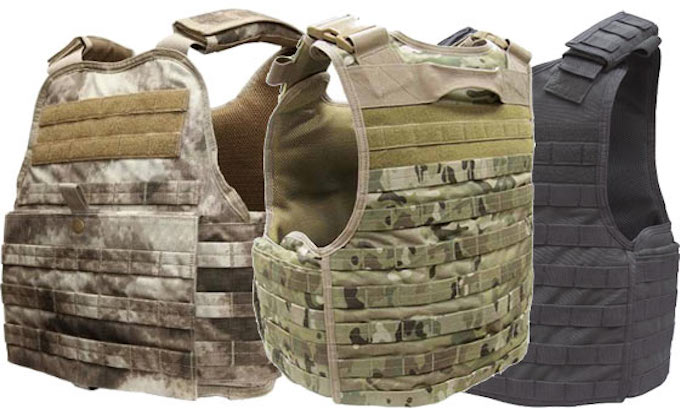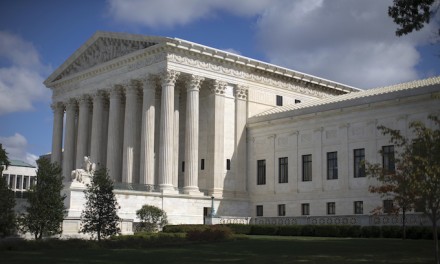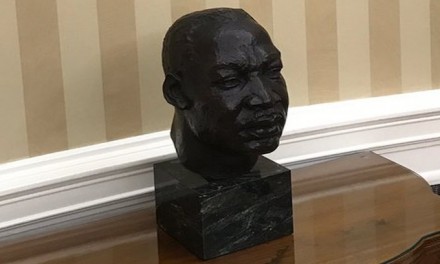For every human problem, it’s been said, there is a solution that is clear, simple and wrong. The Chicago City Council, unfortunately, has embraced one of those.
In February, Chicago police Cmdr. Paul Bauer was fatally shot while trying to detain a suspect outside the Thompson Center. The felon arrested and charged was reportedly carrying a 9 mm Glock pistol — and wearing body armor. That got some aldermen busy on an ordinance to keep protective vests off the streets.
It’s an understandable reaction. The idea of bad guys outfitting themselves in bulletproof gear before setting out to prey on victims is alarming. A few weeks after Bauer’s murder, a man with a loaded pistol was arrested at Union Station wearing body armor.
Violent felons are already legally prohibited from buying or using the gear. But Ald. Ed Burke, 14th, thinks existing laws didn’t go far enough. His measure, passed March 28 by the City Council, states that “Chicagoans face an insurmountable threat if felons and other potential offenders continue to acquire such protections.” It forbids the sale or possession of flak jackets, with an exception for law enforcement officers, members of the military and emergency responders.
Asked Burke, “Who leaves their home or place of business wearing body armor expecting to engage in an armed confrontation if not the hardcore criminal or a deranged mass shooter?”
Glad he asked. Some citizens don these vests not because they are criminals but because they fear criminals.
A cashier working nights at a liquor store might see the need. So might a ride-share driver who serves high-crime areas. Anyone living in gang-plagued neighborhoods where gun violence is routine could easily justify the cost of protection against bullets. And did we mention news reporters? The Chicago Tribune provides flak jackets to reporters who work overnight, often in dangerous areas.
A broad ban on body armor would deprive these and other law-abiding people of a means of avoiding sudden, violent death in a city where that fate is far too common. It’s the equivalent of banning deadbolt locks lest they be used to secure contraband.
If the city wants to keep protective vests away from criminals, a more sensible remedy would be to require background checks on sales, as the state requires for guns. But it’s not clear the problem is extensive enough to warrant that step.
Police and prosecutors can make it a priority to catch and punish violent felons who wear body armor, or anyone who commits a crime while wearing it — a separate offense that carries its own penalties.
But if innocent Chicagoans see a need to gird themselves against gunfire, the city should admit that it can’t count on the police to protect everyone — and let law-abiding citizens protect themselves.
___
(c)2018 the Chicago Tribune
Visit the Chicago Tribune at www.chicagotribune.com
Distributed by Tribune Content Agency, LLC.
Industries
—-
This content is published through a licensing agreement with Acquire Media using its NewsEdge technology.




















Recent Comments